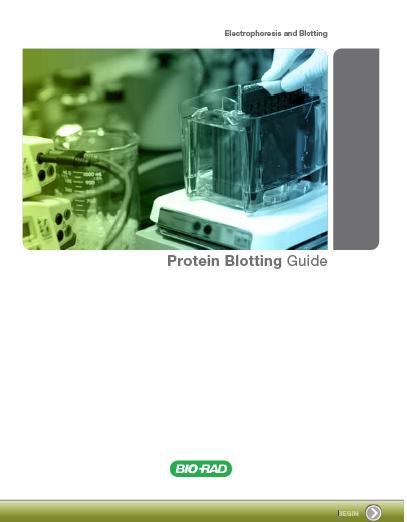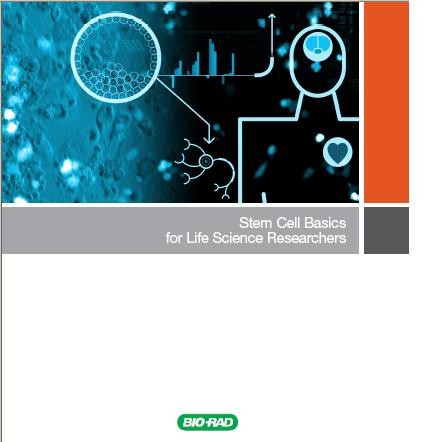If you’ve been following the Diabetes news lately, you likely noticed that two stories have dominated the news over the last couple of days. The first is a widely published study that implicates the consumption of white rice (as opposed to brown rice) in increased incidents of diabetes and the second relates to emerging evidence linking diabetes and cancer. According to a recent report published by Giovannucci et al in CA (A Cancer Journal for Clinicians), despite there being a high degree of epidemiologic evidence linking cancer and diabetes the biological mechanism linking the two diseases is poorly understood.
Considering that both of these diseases are highly prevalent among the world’s population one needs to ask why, if indeed there is a biological link between the two diseases, it has not been studied as of yet. Could it be that scientists are so focused on their particular field of interest that they are ignoring the “bigger scientific picture?” Or perhaps the grant-funding mechanism is biased towards individual diseases thereby influencing researchers to channel their efforts on one disease at a time. The fact that we commonly measure research funding by discipline seems to support this segregated approach. According to the NIH’s Estimates of Funding for Various Research, Condition, and Disease Categories (RCDC), Cancer is the third most funded disease category in the United States and is expected to receive over $6 Billion dollars in funding in 2011. This is compared to $2 billion for the study of cardiovascular disease and $1 billion for the study of diabetes. Scientists applying for grant funding must surely consider the availability of cash prior to beginning the grant writing process (imagine how hard it must be to receive funding for the study of Paget’s Disease which only receives $1 million per year in grant funding) and would be wise to pay homage to the source of their funding when considering the focus of their research publications. After all, if a scientist received funding from the American Diabetes Association, should we expect their research efforts to focus more on diabetes or cancer? If all of their publications detailed the molecular mechanisms of Alzheimer’s Disease how likely would it be for the ADA to renew the researcher’s grant funding? So the question remains: does this type of silo-ed approach to funding bias against valuable inter-disciplinary research?
Taking a less sinister approach, it is possible that the paucity of studies linking biological mechanisms in diabetes and cancer is due to the fact that the connection is not as obvious as it may seem. According to Giovannucci, Cancer and diabetes are diagnosed within the same individual more frequently than would be expected by chance. Nonetheless, both diseases are complex, with multiple subtypes and therefore it would be difficult to find a generic link between the two diseases. Moreover, as highlighted in Table 1 of the study, diabetes is associated with an increased risk of some cancers (liver, pancreas, endometrium, colon/rectum, breast, and bladder), a reduced risk of others (such as prostate cancer) and no association at all with other forms of cancer. Yet many questions still remain. Are the associations that have been observed direct or indirect? Does diabetes increase the risk of cancer or do they simply share common risk factors? These questions are compounded by the fact that there are multiple categorizations for both diseases (there are more than 50 subtypes of cancer alone) making it rather difficult to point to a link between what we broadly term as “cancer” and “diabetes.”
Despite coming out with a joint statement encouraging inter-disciplinary studies, The American Cancer Society and the American Diabetes Association discourage studies exploring links between diabetes and risk of all cancers combined. They explain this caveat using the example that because lung cancer does not appear to be meaningfully linked with diabetes, including this common cancer in studies will dilute observed associations, should they exist.
According to the joint statement the consensus seems to be that future studies should focus on uncovering potential biological links between the two diseases and that research should focus particularly on the following questions:
Is there a meaningful association between diabetes and cancer incidence or prognosis?
What risk factors are common to both cancer and diabetes?
What are possible biologic links between diabetes and cancer risk?
And do diabetes treatments influence cancer risk or cancer prognosis?
Whether the lack of information on biological links between diabetes and cancer has been due to a myopic view of diabetes and cancer researchers, a biased model of research funding or the difficulty in discerning connections between two very complex pathologies (I tend to subscribe to this last statement), it is clear that the statement of the American Cancer Society and the American Diabetes Association will help set the way for much needed inter-disciplinary research in the years to come.
Giovannucci, E., Harlan, D., Archer, M., Bergenstal, R., Gapstur, S., Habel, L., Pollak, M., Regensteiner, J., & Yee, D. (2010). Diabetes and Cancer: A Consensus Report CA: A Cancer Journal for Clinicians DOI: 10.3322/caac.20078
















